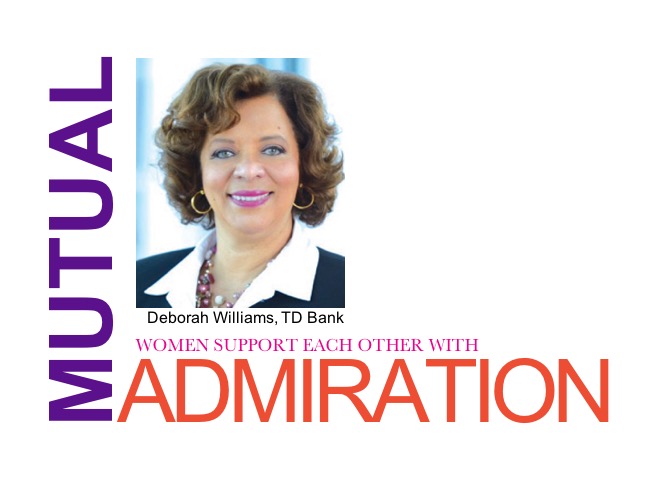BY: Amber Cabral
When I first began doing diversity work, there was no discussion of inclusion or equity, the sole focus was diversity and when people said diversity, they basically meant people who were not white. Here we are 20 years later and we’ve not only learned that inclusion and equity are important, but we should be thinking about allyship and advocacy as ways to ensure we are being inclusive an equitable.
But let’s be real: most folks, especially those who are not Black, indigenous, or people of color still don’t know what most diversity and inclusion terminology even means. Not only that, they are under the mistaken impression that diversity and inclusion are work matters when in reality they are life matters. I wrote Allies and Advocates to simplify and demystify inclusion and equity topics and help leaders clearly define and refine their diversity objectives. Speaking the same language is foundational to success in the inclusion and diversity space. That said, let’s explore some key terms from the book.
Diverse means people with their own beliefs, experiences, identities, ideas, opinions, and styles. Each of us have our own unique combination of attributes that makes us diverse from the next person. Sometimes people will refer to talent as a “diversity hire” or a person “of diverse background,” and they mean someone who is not a white person. The reality is we are all participants in diversity – even if we are white. Being Black or Brown or indigenous or a person of color are diversity attributes, not the definition of diversity. Diversity is quite literally everywhere so when you want to refer to a specific diversity attribute, you should call it by name to ensure people know what you mean: Black, LGBTQ, immigrant, college-educated, etcetera.

Inclusion means valuing, supporting and connecting with people who have their own beliefs, experiences, identities, ideas, opinions, and styles. Inclusion is the action, the work so to speak. Since diversity is everywhere, inclusion is doing the work to get the diversity across identities to work together. Inclusion means creating environments where people feel seen, safe and heard. Inclusive environments value the contribution of ideas, supports people’s uniqueness and helps people feel a sense of connection with others. None of these things requires agreement or even that you like everyone you want to include, but valuing, supporting and connecting do require some work. You have to be purposeful and considerate to be inclusive of the diversity in others.
Allyship is quite the buzz word lately, and is the first word in my book title, so let’s dig into that one next. Allyship is when someone with privilege and power seeks to learn about the experiences of a marginalized group of people, develops empathy for them and identifies ways to extend their privilege to the marginalized group. Allyship is a verb, not a title. You have to actually do something to be considered an ally, not just don the label. Allyship means noticing when people do not not have the same privileges you do, learning about their experiences and finding ways extending your privilege to them. A point of note, just about everyone has some kind of privilege. It could be that you are able-bodied. It could be that you have access to clean running water. It could be that you are heterosexual. In each of these cases, you have a privilege that allows you to serve as an ally. Being an ally to marginalized identities is one way to put inclusion into action.
Advocacy is the process where someone with privilege and power is willing to take steps to protect, advocate for and dismantle systems against a marginalized group of people. Where allyship is about people and their marginalized identities being included, advocacy is about the systems. It is about changing the way systems impact the ways marginalized identities experience life. Sometimes people think advocacy is a step above allyship – not true. Advocacy and allyship are equally important and at times work together.
Allies and Advocates, How to Create and Inclusive and Equitable Culture is a practical guide to help people show up as allies and advocates in their work and personal lives. Full of tips and easy to implement behavior shifts, the book is intended to be a good read and an ongoing tool on our collective journey to creating a sense of belonging. You can purchase your copy of Allies and Advocates by visiting www.alliesandadvocates. com.
Amber Cabral is a speaker, writer and inclusion consultant. She founded Cabral Co, a diversity, equity and inclusive leadership focused consulting firm in 2005. She chairs a non-profit called Brown Girls Do Ballet and writes articles focused on equity, culture and working-class life.



